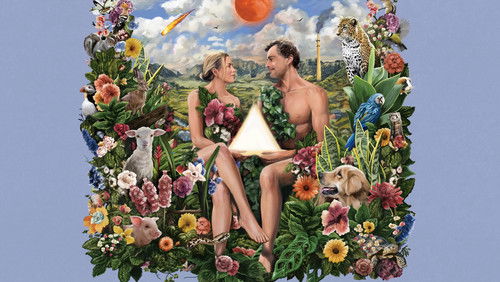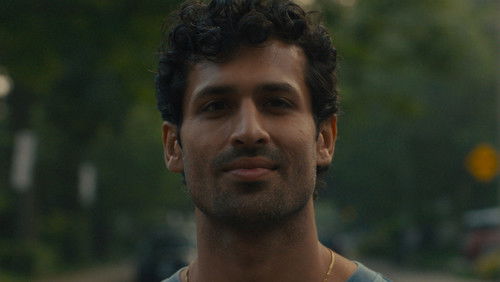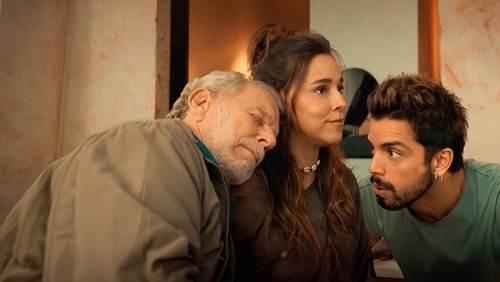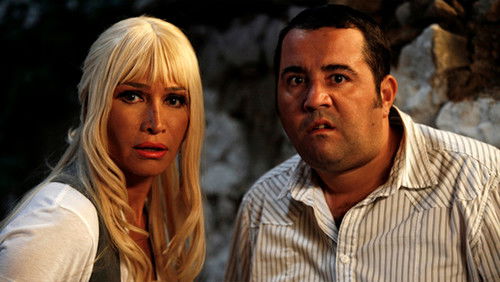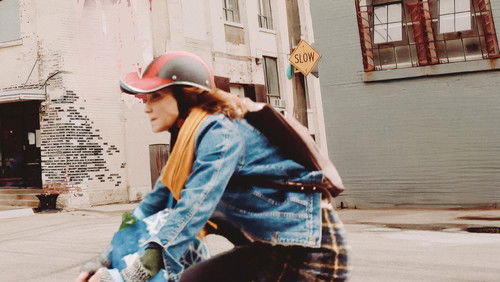Die Geschichte der Qiu Ju (1992)
36KDie Geschichte der Qiu Ju: Directed by Yimou Zhang. With Gong Li, Peiqi Liu, Liuchun Yang, Kesheng Lei. A pregnant peasant woman seeks redress from the Chinese bureaucracy after the village chief kicks her husband in the groin in this comedy of justice. As she is frustrated by each level of the hierarchy and travels farther and farther away from the countryside the viewer is also provided with a look at the changing Chinese society through the verite camera used in most scenes.
“This is a small thing, but ripe, all about learning to naturally go out among life. u003cbr/u003eu003cbr/u003eThis is is first in the story. A wife demands to know why her husband was kicked u0026quot;where it hurtsu0026quot; by a local official. Why did he do it? She ventures out in the village, then down in the city in search of answers. The tip of the thread that humorously guides us through different faces so that altogether we get a snapshot of Chinese life.u003cbr/u003eu003cbr/u003eA constable arbites and gives his verdict, which seems perfectly reasonable, the accused will cover medical expenses and both parties are made aware that they were both wrong. But the wife is not pleased, she wants a more significant justice, and will go through the state apparatus looking for it. u003cbr/u003eu003cbr/u003eThis has led some viewers to think that weu0026#39;re meant to be seeing an individual being caught in the gears of an absurd and uncaring bureaucracy; that seems to be a handy interpretation we have in the West ever since Kafka. But thatu0026#39;s not the point being made here.u003cbr/u003eu003cbr/u003eParty officials, whenever encountered, are always benevolent and trying to be fair, quietly exasperated by the antics of the people in their charge. A higherup is kind enough to drive her back to the hotel on his car, another one stoically returns someoneu0026#39;s stray animal. You can see why this among Zhangu0026#39;s early work was not banned over there.u003cbr/u003eu003cbr/u003eBut every new verdict from higher offices remains the same however, which is to say, the world is just so, maybe not ideal. Why make a fuss about why we do things, why stand so rigidly? Thereu0026#39;s no deeper reason sometimes and weu0026#39;re better off mending ourselves by moving forward, going along unconstrained by u0026quot;rightu0026quot; and u0026quot;wrongu0026quot;. This is often hard to translate to someone in the West because we have made ourselves stupid by arguing from principle instead of seeing what the specific thing in front of us calls for now.u003cbr/u003eu003cbr/u003eAnd the notion of contrived uncontrivance extends in everything else. Zhang is aiming for a snapshot of life whereby we just mingle with things, what they used to call u0026quot;neorealismu0026quot; back in the day. The view it ventures to offer will be precious, a heartland generally closed to us.u003cbr/u003eu003cbr/u003eMore pertinently for me, it evokes a view of life, a warmth and sense of community I like. Lovingly obstinate in trying to fathom its tempests, pettiness without malice, quiet perseverance in simple things. Zhang lets all of this envelop in a natural way, as impulse that climbs up through the soles of the feet.u003cbr/u003eu003cbr/u003eGong Li is perfectly in tune with this, sublime in erasing any trace of an actoru0026#39;s face behind the shawl, making herself like a stump of uncontrived urges. Weu0026#39;re meant to see that though a kind person, sheu0026#39;s also a little dull in her fixation to an apology. And look how naturally she comes forth from her body, then watch her as the nervous empress in Golden Flower. What a range in which she moves freely.”

